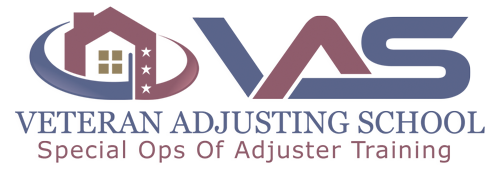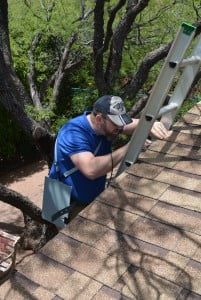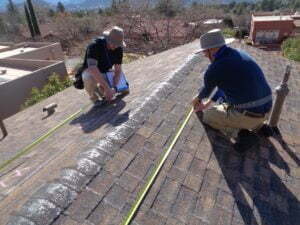 Trade School For Insurance Adjusting
Trade School For Insurance Adjusting
Are you looking for the right trade school for insurance adjusting? Then consider (VAS) Veteran Adjusting School. VAS is a trade school for insurance adjusting that has 100% graduation rate and over 96% job placement rate. People that graduate from VAS have the training and skills to work as an independent catastrophe insurance adjuster, day claims adjuster, or directly for an insurance agency as a staff adjuster. Veteran Adjusting School focuses on CAT or catastrophe insurance adjusting, as it is more difficult to be trained in yet it can be a more lucrative and rewarding career.
VAS Partners
One thing that makes Veteran Adjusting school the best trade school for insurance adjusting is the high job placement rate. This is because VAS has over 15 insurance partners that hire VAS graduates right out of school. VAS partners trust the comprehensive, hands-on training that students receive during this 6 week program.
What Is CAT Adjusting
When a catastrophic event (hurricane, hail storm, wildfire, flood, etc.) occurs, insurance agencies and IA Firms will send out CAT adjusters to the affected region to assess how much compensation the insured customers are entitled to under their policy. They will spend weeks to months at a time at the storm site.
Benefits to CAT Adjusting
- Self Employed – As a CAT adjuster you are contracted out by insurance agencies and are your own boss.
- High Earning Potential – CAT adjusters are paid per claim closed. This allows for a very high earning potential. CAT adjusters typically average between $70k – $100k in 6 – 9 months during the storm season.
- Vacation Time – CAT adjusters typically only work 6-9 months a year. This means that they can enjoy 3-6 months of vacation time.
- Helping People In Need – After the catastrophic event hits, people are in desperate need. Getting their compensation helps them put their lives back together.
CAT Adjuster Traits
Although it is a very rewarding career, catastrophe adjusting is not for everyone. It takes hard work, dedication, organization, and self-motivation in order to be a successful CAT adjuster. Do you have what it takes?







